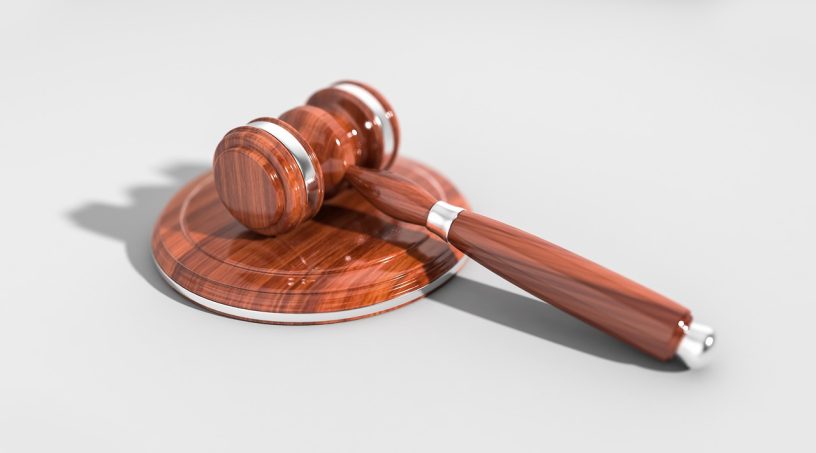Key Takeaways
- Medical malpractice and wrongful death claims are complex, requiring careful navigation of legal systems.
- Both claims seek justice and compensation, albeit under different circumstances.
- Understanding legal rights is vital for those affected by these claims.
The Basics of Medical Malpractice and Wrongful Death Claims
Medical malpractice and wrongful death claims serve as crucial legal pathways to address the consequences of negligence within healthcare settings. Although often seen as complex and daunting, these claims provide vital recourse for individuals and families affected by medical errors or mistreatment.

A wrongful death claim is intended to hold accountable those whose actions or omissions have resulted in the loss of life, providing compensation to the deceased’s dependents for the abrupt void in their lives. Conversely, a medical malpractice claim addresses situations where substandard medical care directly causes harm to a patient, emphasizing accountability in professional healthcare. Both legal actions aim to offer financial compensation to mitigate the repercussions of such tragic events and potentially prevent future occurrences by highlighting systematic failures in care standards. For instance, in situations where medical negligence leads to severe injury or fatality, families may consider pursuing a wrongful death claim Tampa FL, significantly when healthcare standards are compromised.
Legal Rights and Processes
Medical malpractice and wrongful death claims provide individuals with legal rights to seek redress for professional negligence. Surviving family members can seek damages for mental distress, loss of companionship, and monetary loss through wrongful death lawsuits. The legal process involves gathering evidence, assessing liabilities, and filing court documents. Medical malpractice claims require demonstrating a duty breach that leads to harm or injury, which involves examining medical records, expert analysis, and witness testimonies. Understanding these processes helps claimants advocate for themselves or their late loved ones, potentially leading to successful outcomes.
Common Causes and Examples
Medical malpractice involves various issues, such as misdiagnosis, surgical errors, and prescription mishaps. Common examples include surgeons failing to consider all instruments, inadequate treatment plans, and failure to obtain informed consent. Wrongful death claims can arise from doctors’ failure to diagnose life-threatening conditions, such as cancer, leading to preventable deaths. These illustrations stress the necessity of accurate diagnosis and treatment, underscoring the significance of alertness and high standards in the healthcare industry.
Statutes of Limitations
Statutes of limitations introduce a critical time constraint into the legal process, defining the permissible period for filing claims. This time frame varies significantly depending on jurisdiction, typically two to four years for medical malpractice suits. Individuals must be informed about these limitations; filing after this window generally closes nullifies any chance of legal action.
Understanding statutes of limitations enables potential claimants to act promptly, ensuring all legal avenues remain open. Consulting with legal professionals early on can ensure that strategic and timely actions are taken to safeguard claimants’ rights.
Proving Fault and Liability
Liability in medical malpractice and wrongful death cases requires extensive evidence, including medical records, testimonials, and firsthand accounts. Claimants must create a straightforward narrative linking negligence to harm or death, which can be challenging without professional legal assistance. Engaging experienced wrongful death attorneys can strengthen a claim by navigating complex medical and legal jargon, effectively demonstrating negligence, and advocating for fair compensation.
The Role of Damages and Compensation
Medical expenses, missed income, and non-economic losses like psychological distress are usually covered by compensation in wrongful death and medical negligence lawsuits; however, exact amounts might vary considerably. A thorough evaluation of the financial and psychological toll on the victims and their families is necessary to calculate these losses.
By carefully evaluating these factors, courts aim to provide redress and acknowledge the harm suffered. Proper legal representation ensures that compensation accurately reflects the depth of loss and suffering experienced, providing essential support during challenging times.
Importance of Legal Expertise
Given these cases’ complexity and emotional weight, professional legal guidance is invaluable. Lawyers specializing in malpractice and wrongful death claims can dissect and interpret the intricacies of healthcare laws and procedural nuances, maximizing the potential for positive outcomes.
Legal experts offer representation and a voice of reason during emotionally charged situations, ensuring clients’ rights are firmly protected and that they are efficiently steered toward the path of justice.
Alternatives to Litigation
Litigation remains the primary dispute resolution method, but alternatives like mediation and arbitration offer less combative options. Mediation encourages mutually agreeable solutions, while arbitration is a streamlined court proceeding with faster resolution. These mechanisms may limit compensation scope, so legal counsel can help determine the most strategic route for each case’s unique circumstances.











